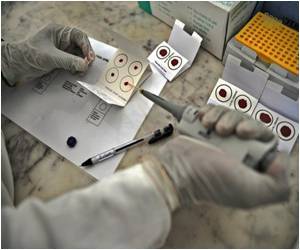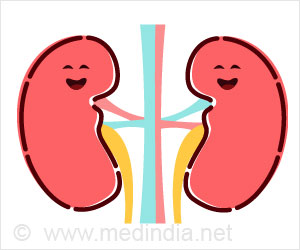Clinical trials held for malaria vaccine recently have revealed that it is capable of protecting infants in Africa against malaria.

During the study, infants were first vaccinated against clinical and severe malaria between the ages of 6 - 12 weeks. This was followed by two more doses. Upon a 12-month follow-up, the success rate was estimated to be between 31 and 33 per cent.
It is estimated that 1,700 children participated in the trial and the project is expected to save many lives, especially those of Tanzanian children who are constantly exposed to the killer disease. Follow-up in Phase III trials is expected to continue to provide more data. Nearly 86 percent of the trial participants used insecticide-treated bed nets which showed that RTS,S provided protection in addition to that provided by other existing malaria control interventions.
Despite the recent significant progress in the treatment of malaria, the disease still wipes out 655,000 people - mainly children below five years - in sub - Saharan Africa.
Apparently, last year, the efficacy observed with RTS,S in children aged 5-17 months against clinical and severe malaria was 56 per cent. This difference has prompted the scientists involved in the project to analyze more data available from the trials to determine the factors that influence the efficacy of the vaccine against malaria.
The good news is that it has been observed that infants can be administered this vaccine alongside the regular childhood vaccines. More information is expected by the end of 2014.
Eleven research centers are conducting these trials along with GlaxoSmithKline (GSK) and the PATH Malaria Vaccine Initiative (MVI), funded by the Bill & Melinda Gates Foundation.
According to the ‘New England Journal of Medicine’ if the required regulatory approvals are obtained and public health information is considered satisfactory, the WHO has suggested that a policy recommendation for the RTS,S malaria vaccine candidate would be possible by 2015. This would enable decisions to be made regarding the wide –spread use of the vaccine, along with other malaria-control methods, across Africa.
Source-Medindia














